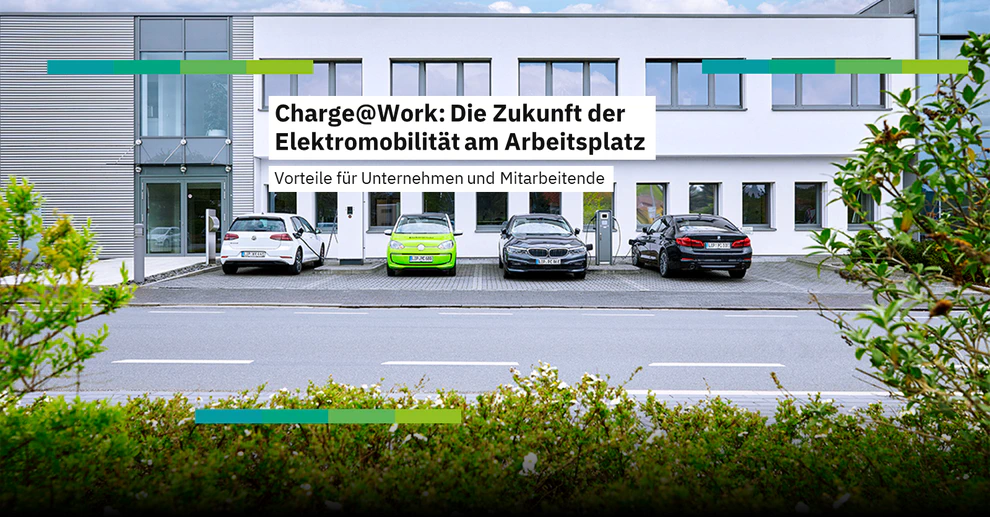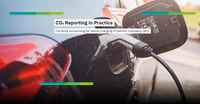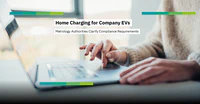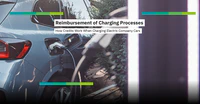E-mobility is gaining momentum worldwide, and Germany has set ambitious goals: by 2030, at least 15 million fully electric cars should be on German roads. Companies play a key role in this by electrifying their fleets and providing charging infrastructure at the workplace.
Why Charge@Work?
Electric vehicles often sit unused in company parking lots during working hours. This time can be ideally used to charge the vehicles. This is particularly practical for drivers without private charging stations or with limited access to public charging points. Even though companies are not legally required to provide charging facilities, offering such infrastructure has many advantages:
- Efficient use of parking time: Vehicles can be fully charged during working hours.
- Environmental friendliness: Charging at midday takes advantage of the high share of renewable energy in the grid, reducing CO2 emissions.
- Tax benefits : Charging electric vehicles at the workplace is tax-free in Germany according to § 3 No. 46 EStG.
Requirements for Charging Solutions in Companies
Charging electric vehicles in a corporate environment is a complex task, as the charging infrastructure is used by various user groups:
User groups:
- Electric company cars and pool vehicles
- Private vehicles of employees
- Guest cars, service vehicles, etc.
Each of these user groups requires different methods for authorization, billing, and payment. To manage this complexity, intelligent software integrated directly into the charging stations can be helpful. These solutions offer features that enable efficient operation of the charging infrastructure with minimal administrative effort.
Implementation and Billing
Implementing charging infrastructure can be complex, but there are numerous solutions to simplify the process:
- Smart Charging Solutions: Intelligent software solutions enable easy management and billing of charging processes.
- Various Billing Models: Companies can choose between different billing methods to meet individual needs.
- Integration into Fleet Management Systems: All data can be consolidated on one platform, making management easier.
Benefits for Companies and Employees
Providing charging infrastructure at the workplace offers numerous benefits for both companies and employees:
- Environmental responsibility: Companies can reduce their carbon footprint and strengthen their environmental responsibility, particularly through the use of photovoltaic systems for power generation.
- Employee retention: Charging stations at the workplace increase the attractiveness of the location and can strengthen employee loyalty.
- Cost savings: Employees benefit from discounted electricity rates or free electricity, which is a tax-free alternative compared to fuel vouchers.
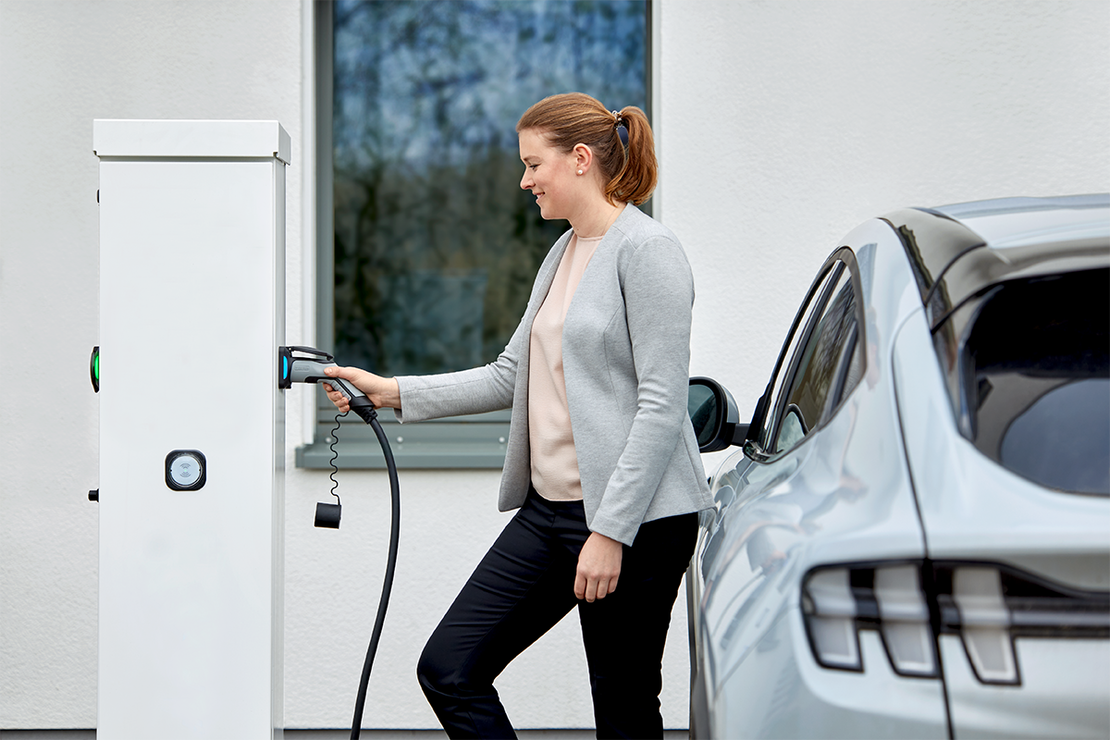
Energy Management Systems for a Sustainable Future
An integral part of the charging infrastructure is an efficient energy management system. Phoenix Contact offers comprehensive solutions in the field of energy management, helping companies optimize their energy flows and operate more sustainably. These systems enable monitoring, analyzing, and controlling energy consumption, further reducing CO2 emissions and increasing the efficiency of the charging infrastructure.
Further information on this topic can be found here .
360° Coverage for Complete Flexibility
To offer company car drivers complete flexibility, all three possible charging scenarios should be covered: Charge@Work, Charge@Home , and Charge@Public.
Charge@Home: The Most Cost-Effective and Convenient Charging Method
In addition to Charge@Work, there is also Charge@Home, which is the most cost-effective and convenient charging method for many. However, this charging method also comes with some requirements.
Here are some advantages:
- Cost savings: Charging at home costs an average of €7.04 per 100 km, while charging at public charging stations costs about €13.11 per 100 km (Source: Lichtblick).
- Convenience: The vehicle can be conveniently charged overnight, so it is fully charged and ready to go in the morning.
- Flexibility: No waiting times or the need to find a free public charging station.
The most important requirement in Germany:
- Calibration-compliant billing: Charging at home must be billed in compliance with calibration laws . Therefore, a calibration-compliant wallbox is required.
- Retrofit options: To use already existing, non-calibration-compliant wallboxes for company car billing, Phoenix Contact offers the Charge Repay Service . With the patented retrofit hardware, any wallbox can be made calibration-compliant.

Charge@Public: Flexibility on the Go
Charge@Public complements the other two charging scenarios and offers flexibility on the go:
- Availability: Public charging stations are available in many locations, making longer trips easier.
- Fast charging: Many public charging stations offer fast charging options that can charge the vehicle in a short time.
Conclusion
Charge@Work offers a win-win situation for companies and employees. It supports the goals of e-mobility, promotes sustainability, and offers tax benefits. Companies that invest in charging infrastructure position themselves as forward-thinking and environmentally conscious employers.
